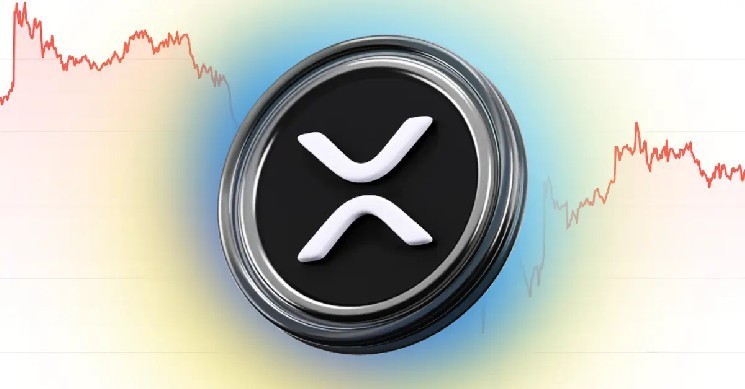Grayscale is urging the SEC to approve staking for Ethereum ETFs, unlocking millions in rewards, strengthening Ethereum’s network, and propelling U.S. crypto investment forward.
Grayscale Urges SEC to Allow Staking for Ethereum ETFs, Citing Major Investor Gains
Representatives from Grayscale Investments convened with members of the U.S. Securities and Exchange Commission’s Crypto Task Force on April 21 in Washington D.C. to advocate for changes to staking regulations tied to ethereum exchange-traded products (ETPs).
In a memorandum summarizing the meeting, Grayscale detailed its request to amend its Form 19b-4 filings for the Grayscale Ethereum Trust ETF (ETHE) and the Grayscale Ethereum Mini Trust ETF ( ETH), aiming to permit staking activities. Craig Salm, chief legal officer at Grayscale Investments, stated: “We appreciate the opportunity to engage with the Securities and Exchange Commission’s Crypto Task Force.”
The documents provided during the meeting outlined Grayscale’s position that U.S. ethereum ETPs, which collectively manage $8.1 billion in assets, should be allowed to stake their holdings, similar to non-U.S. counterparts. Grayscale emphasized:
ETH ETPs have foregone approximately $61 million as a result of not being able to participate in staking from launch through February 2025, not including daily compounding of rewards. Instead, such rewards have gone to non-US ETH ETPs and other non-ETP stakers.
The crypto asset manager underlined the benefits of staking, explaining that participation would bolster the Ethereum network’s security while delivering additional returns to shareholders. “Through staking, US ETH ETPs will participate in validating transactions on the Ethereum network, contributing to the security and efficiency of the Ethereum blockchain, and in return, earn ETH rewards,” the memorandum asserted.
Furthermore, Grayscale introduced a multi-layered liquidity strategy, including a “Liquidity Sleeve,” short-term financing options with custodians and liquidity providers, and a revolving credit facility to mitigate redemption risks during unstaking periods.
In its conclusion, Grayscale stressed the necessity of updating regulations to reflect the maturity of the ethereum ETP market. The document describes:
Currently, spot ETH ETPs do not represent the underlying ETH completely, because they are not currently permitted to engage in staking.
It further noted that non-U.S. markets, particularly in Europe and Canada, had already successfully integrated staking into ETPs without harming trading efficiency. Grayscale asserted: “By drawing on traditional finance analogues and experience managing ETPs facing similar liquidity challenges, coupled with Grayscale’s connectivity and partnerships across the digital asset ecosystem, we can effectively and responsibly stake ETH in our ETH ETPs.” As a broader consideration, the memo acknowledged potential tax implications and slashing risks but expressed confidence that operational safeguards and custody arrangements, notably with Coinbase Custody, would manage those exposures.














Leave a Reply